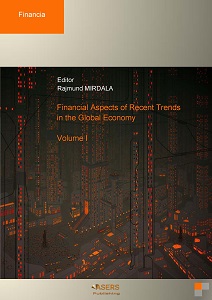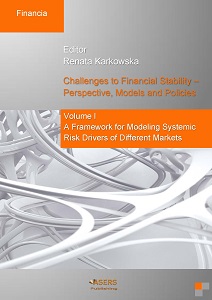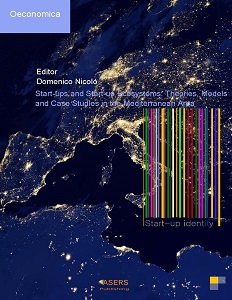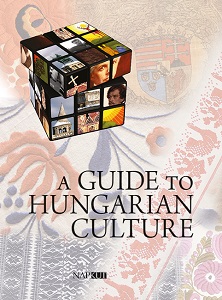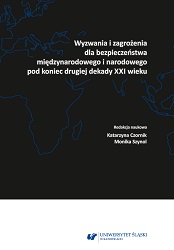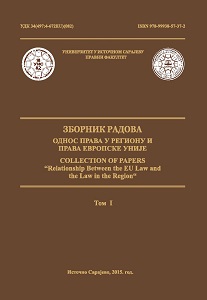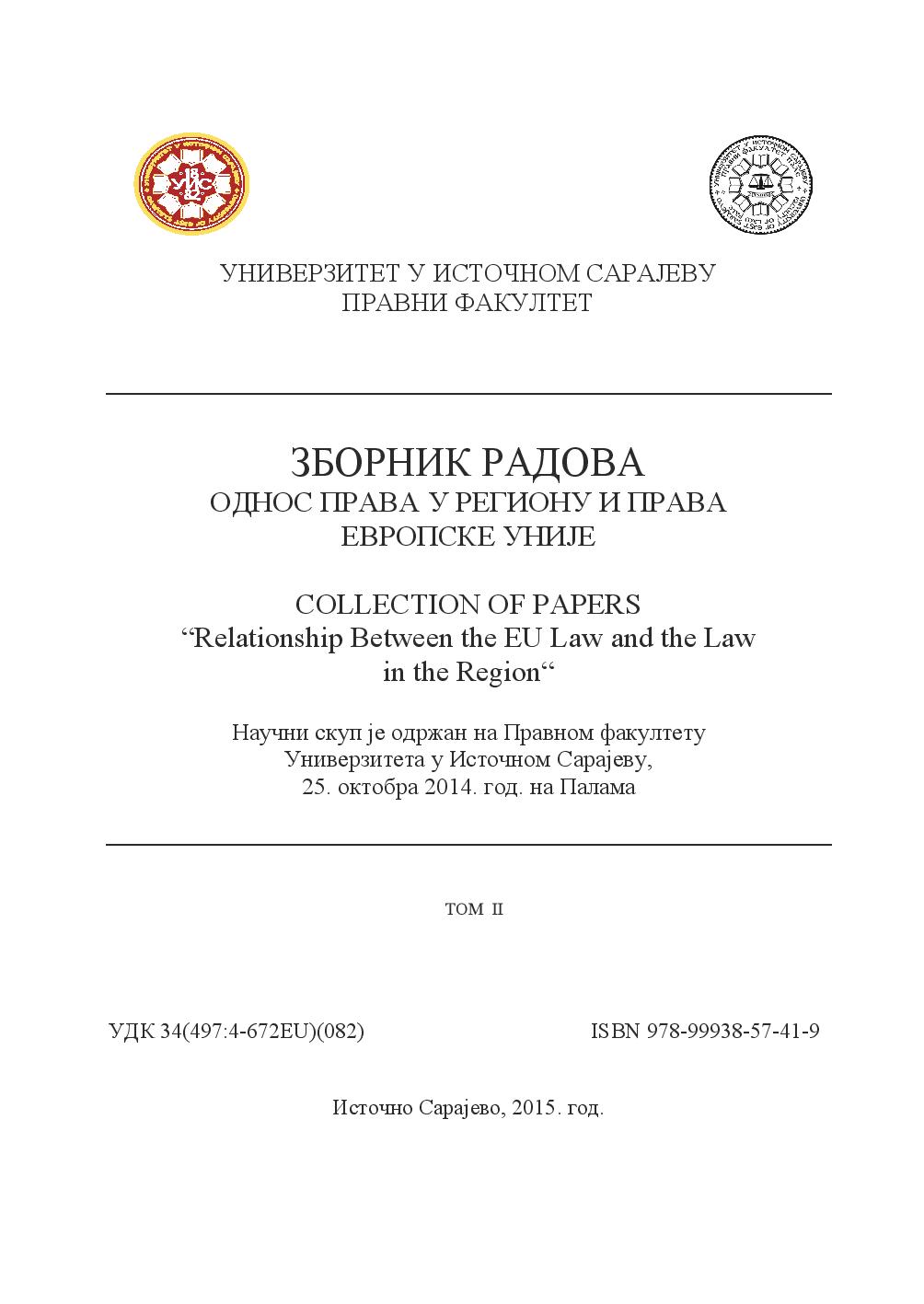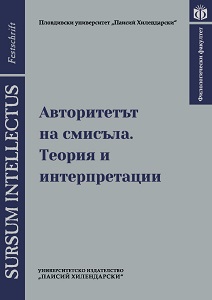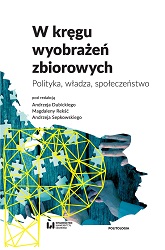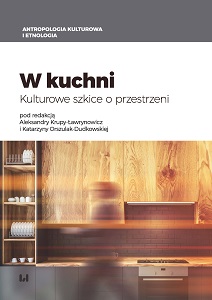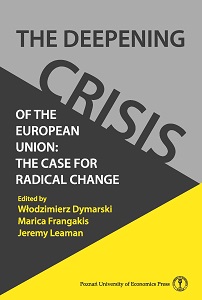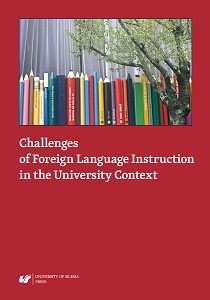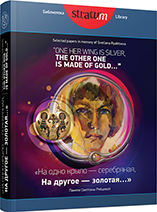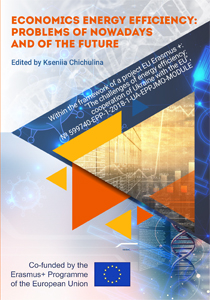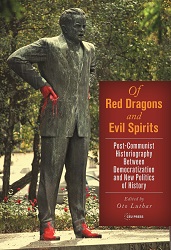
Wars of Memory in Post-Communist Romania
Wars of Memory in Post-Communist Romania
Keywords: Post-communism;Romania;Memory;
As in many other former communist countries, a “competitive martyrdom” struggle erupted in Romania soon after the collapse of the former regime. By “competitive martyrdom” I understand the implicit or explicit attempt to exonerate the Romanian political community embodied by the state, or segments of that community, from either guilt or responsibility for having participated in World War II as a Nazi ally and from having perpetrated genocidal crimes against the Jews and the Roma. Coined by several scholars in the context of de¬bates around the extent, the limit or the desirability of emulating the alleged postwar denazification in Western Europe, competitive mar¬tyrdom is a complex issue, influenced not only by the immediate communist past and its treatment of the Holocaust in official history, but also, and above all, by socio-psychological factors linked to collective memory and to the social frameworks of the memory of specific groups within society. Furthermore, it entails also an international aspect, for the de-communizing polities strive to demonstrate their appurtenance to the democratic “international regime” and its values, but are obviously at pain when urged to confront collaboration.
More...

